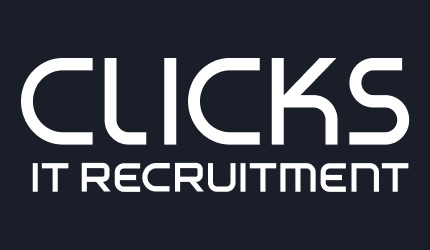COVID-19 has changed the way we work. 100% of many workforces have shifted to remote work for extended periods. This has resulted in individuals and organisations reimaging how they want to work and where. For some, time saved due to no longer having to commute to work each day, combined with increased family time, means they cannot imagine returning to the office. While others prefer collaborating in person and want a clear separation between home and work life. There’s yet another group, for whom the hybrid experience is ideal. Regardless of which camp you’re in, if you are looking for a new job, when is the best time to bring up the topic of working from home? And, with the changing way in which we work, what else do you need to consider?
Some believe it’s best to ask the question as early as possible so you’re not wasting your time or the recruiter’s time. Others advocate leaving this discussion to the offer stage, when you are in a better position to negotiate. They believe potentially missing out on a good candidate will help employers reconsider work from home policies if they are not already in place. There is a level of risk associated with either approach.
The right answer really depends on how important it is to you. Do you consider the ability to work from home a deal breaker or is it a nice work perk? Are there any other factors that would make you reprioritise WFH? These trade-offs could include high pay, flexible hours, learning and development opportunities, the industry you’ll work in, or technologies you will be exposed to. To help you gain clarity, write down everything important to you when it comes to work. Give each item a score out of ten for importance.

Getting clarity on what is important to you will help determine when to bring up working from home. If you rated it 10/10 for importance, you’ll want to bring it up early. You can do this by making an enquiry before submitting an application, or outlining your preference in the objective statement of your CV. One thing to note is, just as you are ruling potential employers out due to their inability to offer working from home, they may also rule you out as a potential candidate, due to your WFH preference. If you are firm on your position, the good news is there’s a growing trend to specify “remote first” opportunities in job ads. By targeting these job postings, you can ensure you’re aligned from the outset. In that case, what you might want to focus on is whether the prospective employer anticipates any changes to their remote working policy as well as their work culture around working from home.
If you scored the importance of remote work between 7 to 9 (out of 10), you’ll want to bring it up at the telephone interview or face-to-face interview stage: the higher your score, the earlier in the process to bring it up. The benefit of a conversation is that you can indicate your preference and learn more about the opportunity along with other benefits you may not have considered. This helps with the trade-offs mentioned earlier. It’s also beneficial to remember that these conversations are a two-way street. With any interview, be as prepared as possible. By impressing with your skills, experience, and the value you bring, you’ll be in a good position to negotiate what you’ve already indicated is important to you – such as salary and remote work arrangements.

Scores of 6 or below likely mean you view remote work as another workplace benefit. This can be explored further when the employer or recruiter brings up the organisation’s culture and associated perks. Regardless of whether you are seeking to work remotely or will be working alongside those who do, here are some key considerations. You should understand the proportion of the workforce that works remotely (and what impact this may have on you); how the organisation ensures work and career progression opportunities are available to all staff, regardless of where they perform their work; and the maturity of the current model and policies. Finally, you should understand what systems and processes are in place to support collaboration.
If you are going to bring up working from home when applying for a job, be prepared to answer related questions too! A common interview question relating to remote work is, “How do you collaborate and build relationships when working remotely?”
At Clicks, our recruiters average 12 years of industry experience, and we’re on over 80 Preferred Supplier Agreements. That means we are well-positioned to support you identify new employment opportunities that offer remote work if that’s important to you.
For advice on other job-seeking topics, check out the resources we’ve put together. If you are on the market for your next IT opportunity, take a look at our job board to see all of our current vacancies. You can register with Clicks via the Job Seekers page or refer a candidate that can earn you $500 for every great person you send our way.









